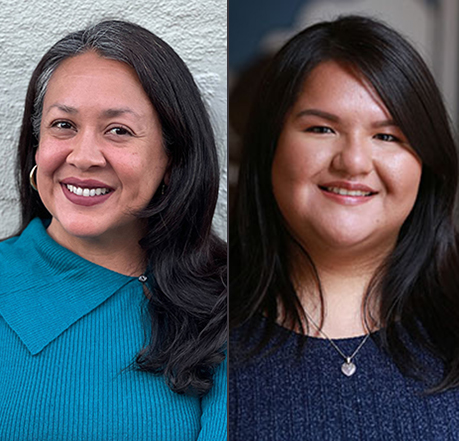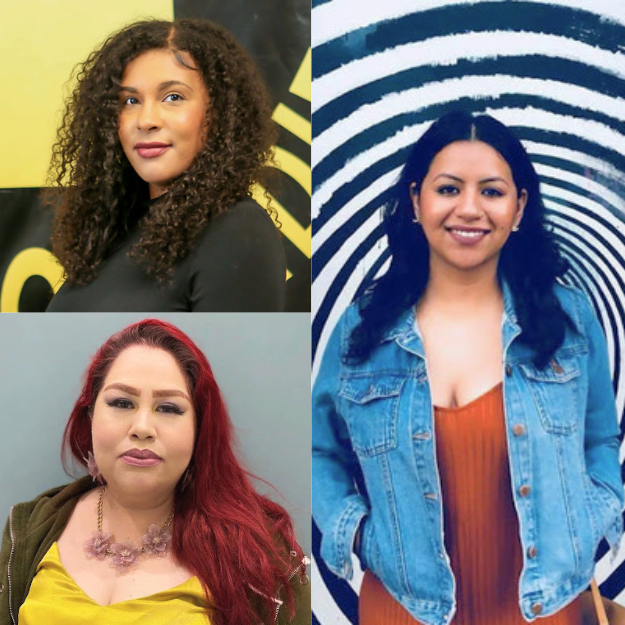Midterm Elections 2022: Considering Democracy Dollars
Midterm elections provide voters the opportunity to assess and signal if the current presidential administration, federal elected officials, and local elected leaders are meeting their needs. This November, California voters will have the opportunity to cast their votes and determine the make-up of the Senate and House through the next presidential election in 2024. All eligible California voters will receive an election guide and a mail-in ballot. Vote-by-mail ballots can be filled out and mailed or can be taken to a local dropbox. For voters that prefer to vote in-person, they can drop their completed ballot or complete the ballot in-person at polling stations found in communities across California.
As we approach the midterm elections, NCG is committed to:
- Sharing factual, non-partisan information about what is included on the ballot;
- Analyzing and lifting up policies that advance racial equity and social justice;
- Using data-driven narratives to counter mis- and dis-information intended to suppress voting rights for marginalized communities including Black, Indigenous, and other communities of color;
- Amplifying the voices and priorities of grassroots, power-building movement leaders; and,
- Providing members with learning opportunities to identify high-impact investment opportunities
LEARN MORE ABOUT NCG'S POLICY WORK
Democracy Dollars
The upcoming midterm election is an indicator of the health of our democracy and the results will determine if the current administration will have the political power to advance its top priorities, including addressing reproductive justice and climate change.
In November, Oakland voters will consider “Democracy Dollars’' on their ballot, a public campaign financing program. If passed, under this new law, eligible Oakland residents will receive a total of $100 in vouchers (4 vouchers of $25 each) to donate towards a campaign(s) of their choice, including positions for city council, mayor, auditor, city attorney, and school board. The initiative is modeled after the launch of a similar policy in Seattle, where the outcomes included: an increase in the number of campaign donors (especially from BIPOC and low-income backgrounds); an increase in the number and diversity of running candidates; and increased voter engagement.
In this way, democratizing campaign funding levels the playing field in local elections by empowering communities to support viable candidates with votes and campaign contributions. This is a first step in combating expensive local campaigns that are riddled with corporate and interest group giving. It is critical for philanthropy to step up our policy efforts to strengthen and reclaim our democracy.



